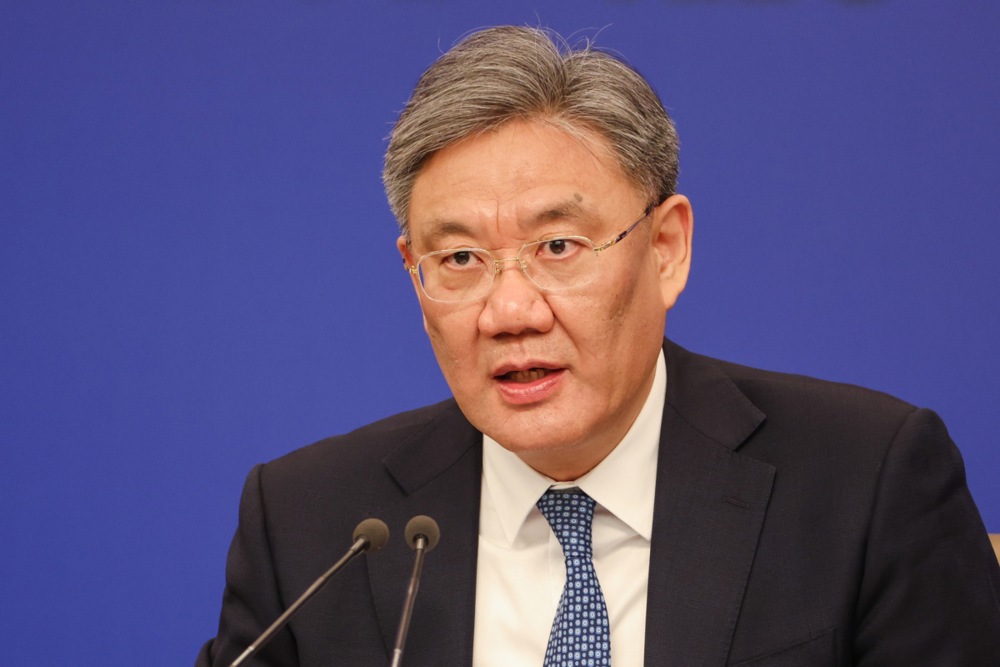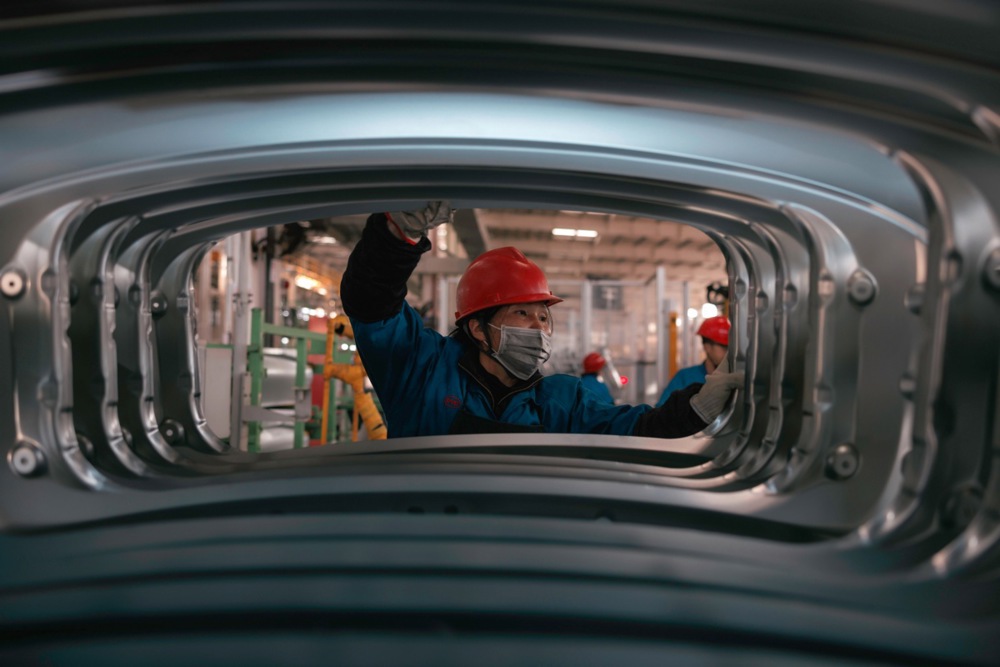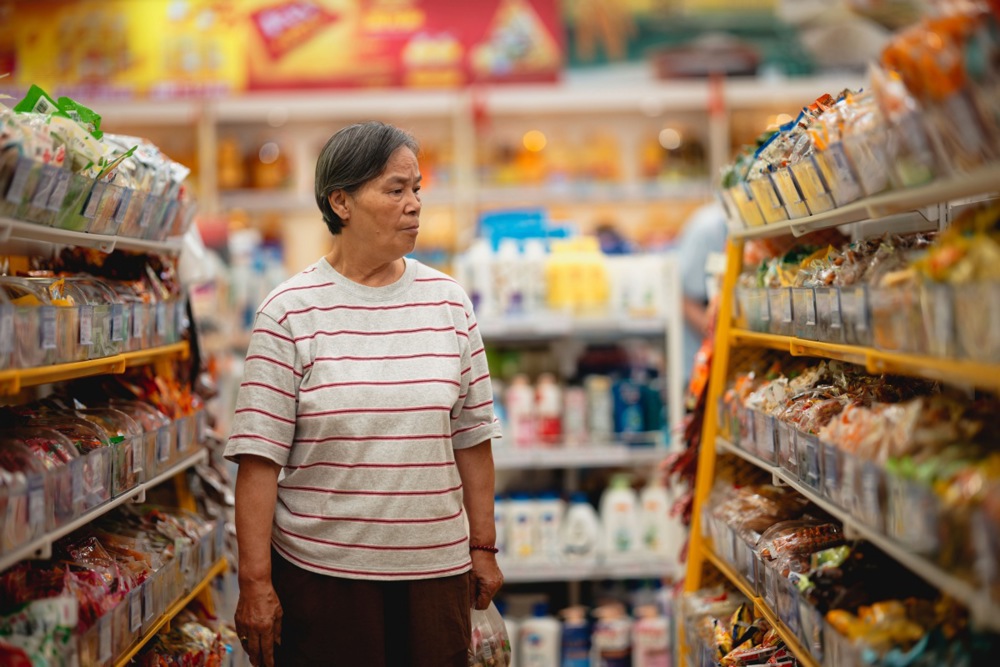EU-China talks stalled this week amid growing global tensions and an unwillingness to compromise on either sides.
At the meeting on July 24 both sides reiterated long-standing complaints and offered little indication of a shift in tone or substance.
European Commission President Ursula von der Leyen and European Council President António Costa met Chinese President Xi Jinping and Premier Li Qiang in Beijing for a one-day summit in Beijing, originally scheduled to be held in the EU.
Despite positive comments from von der Leyen before the gathering, Brussels officials and analysts had already lowered expectations, with some describing the fact that it happened at all as a success in itself.
In a report published on July 25, the European Policy Centre (EPC) described the result as part of a “negative trend” that has shaped EU–China ties in recent years.
The EPC pointed to what it said were “contradictory signals” from Beijing in the lead-up to the meeting — such as lifting sanctions on some European parliamentarians while simultaneously appointing a former “wolf warrior”, or confrontational diplomat, as China’s new Special Representative for European Affairs.
It noted that relations have deteriorated since the EU classified China as a “systemic rival” in 2019, worsened further during the pandemic. They hit a low point in 2021 when tit-for-tat sanctions led to the freezing of the Comprehensive Agreement on Investment (CAI).
The EPC warned that overall trajectory was “likely to continue”.
The latest talks largely reiterated known positions. EU leaders once again raised concerns about China’s market restrictions, trade surplus and what it saw as industrial overcapacity.
The EC stated “a deeper engagement must lead to a more balanced and mutually beneficial trade relationship, built on fairness and reciprocity”, according to the Council of the EU’s published summary of the meeting.
Von der Leyen warned that unless China acted to mitigate overcapacity, “it would be difficult for the EU to maintain its current level of openness”.
Costa added that “a fair and mutually beneficial trade relation is possible and should be our joint aim”, calling on both sides to “put today’s discussion into action”.
The EU Council’s press release stated that the bloc had raised “systemic distortions” and repeated calls for improved market access in priority sectors such as meat, cosmetics and pharmaceuticals.
According to the Council’s statistics, the EU’s trade deficit with China reached €305 billion in 2024. EU–China trade in goods and services that year totalled €730 billion, with China remaining the EU’s largest import partner and third-largest export market. The Netherlands and Germany, respectively, lead the EU in imports from and exports to China.
A joint press statement on climate change was the only concrete outcome of the summit.
The declaration, released by the EC, reaffirmed both sides’ commitments to the Paris Agreement and pledged closer co-ordination in areas such as energy transition, adaptation, carbon markets and green technologies.
The two sides agreed to accelerate renewable energy deployment, co-operate on tackling methane emissions and submit new 2035 national targets before COP30, the next United Nations Climate Change Conference in November.
Von der Leyen called the agreement “a big step forward”, saying “our co-operation can set a global benchmark”. EU leaders encouraged China to step up its financial contributions and join the Global Methane Pledge. That was an international initiative, launched at COP26, aiming to collectively reduce global methane emissions by at least 30 per cent by 2030 compared to 2020 levels.
But the climate agreement, while symbolically significant, did not mask the contradictions underneath. While the joint statement emphasised the importance of “green” co-operation, von der Leyen’s comments also reflected concerns that Chinese dominance in clean tech — particularly in solar panels, batteries and electric vehicles — posed risks to European industry.
EU officials have criticised China’s subsidised export model, which they saw as undermining Europe’s ability to compete in key sectors including car manufacturing and advanced materials.
As the EPC noted: “Paradoxically, despite the negative developments reported, many European companies continue increasingly buying components from China for price and economic competitiveness reasons.”
The EU’s recent objections to Beijing’s export restrictions on rare earths — essential for technologies such as wind turbines and electric motors — also remained unresolved.
Von der Leyen had previously called the restrictions “unjustified and coercive”, prompting a sharp rebuke from China, which rejected the accusations as baseless.
The EPC, though, cautioned that such co-operation may be “too little, too late to lower the political temperature.”
Beyond trade, the EU repeated its calls for China to take a more active role in ending Russia’s war in Ukraine.
According to the EU Council’s account of the summit, the bloc’s leaders “reiterated that, as a permanent member of the UN Security Council, China bears special responsibility” and urged it “not to provide any material support that sustains Russia’s military-industrial base”.
The EPC noted that China’s refusal to condemn Russia’s invasion turned the April 2022 EU–China summit into a “dialogue of the deaf” in the undiplomatic words of then-foreign policy chief Josep Borrell. This position remained unchanged in Beijing, the EPC said.
Xi described the relationship as being at “a critical juncture” and called for “the right strategic choices” to be made in a “changing and turbulent world”.
While both sides pledged to continue high-level dialogue and engage on shared global challenges, no new commitments were made on trade, investment or Ukraine.
In the official press release following the summit, the EU said it would “protect its rightful interests” if still no progress was achieved.





